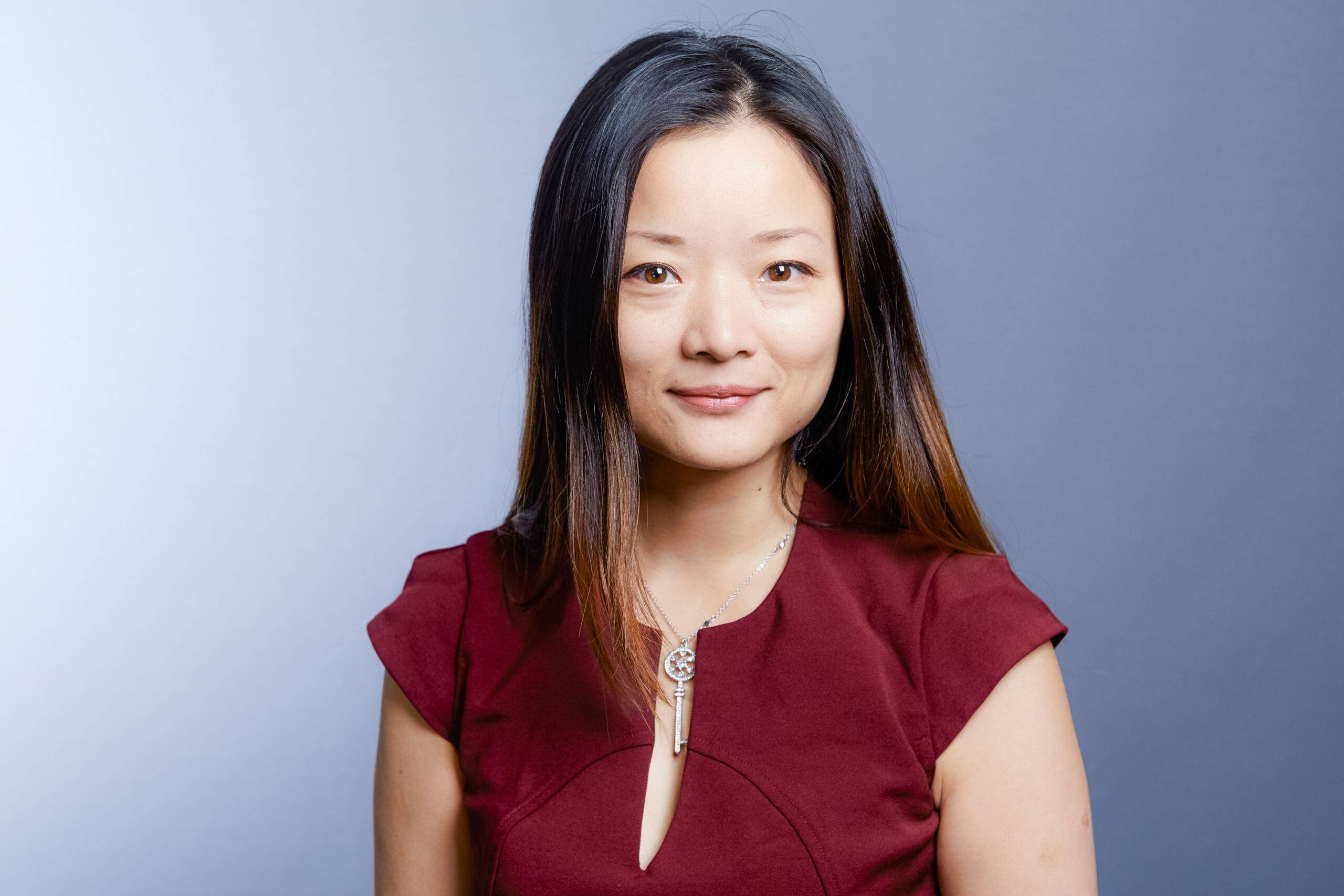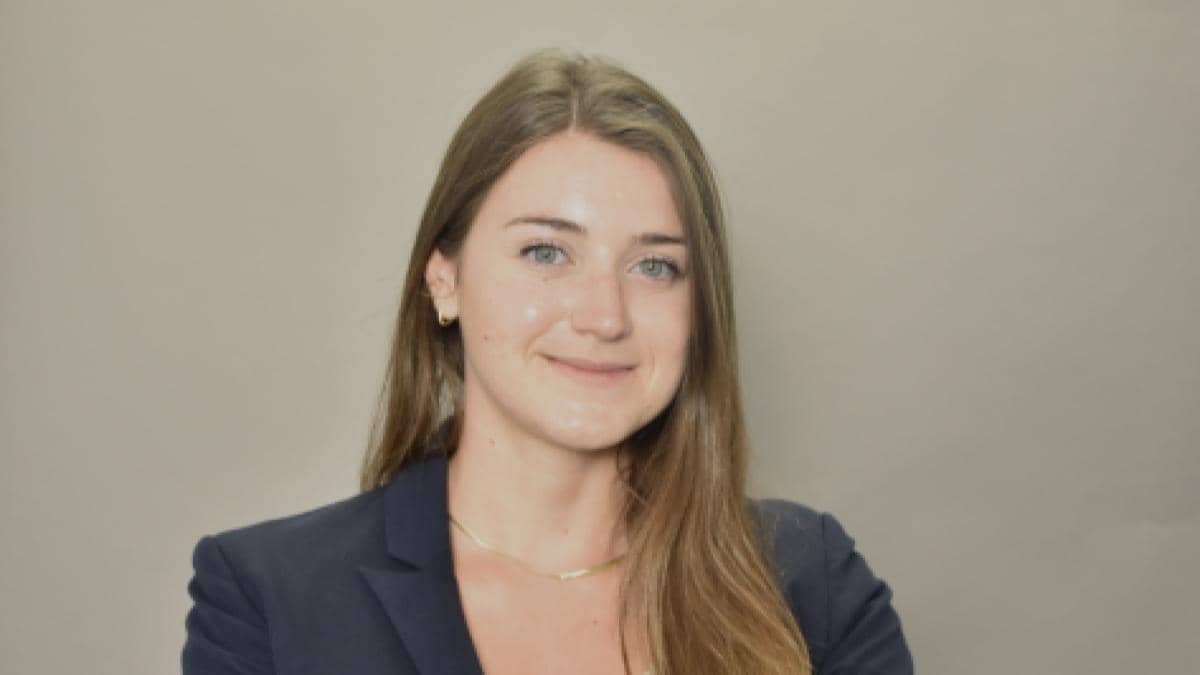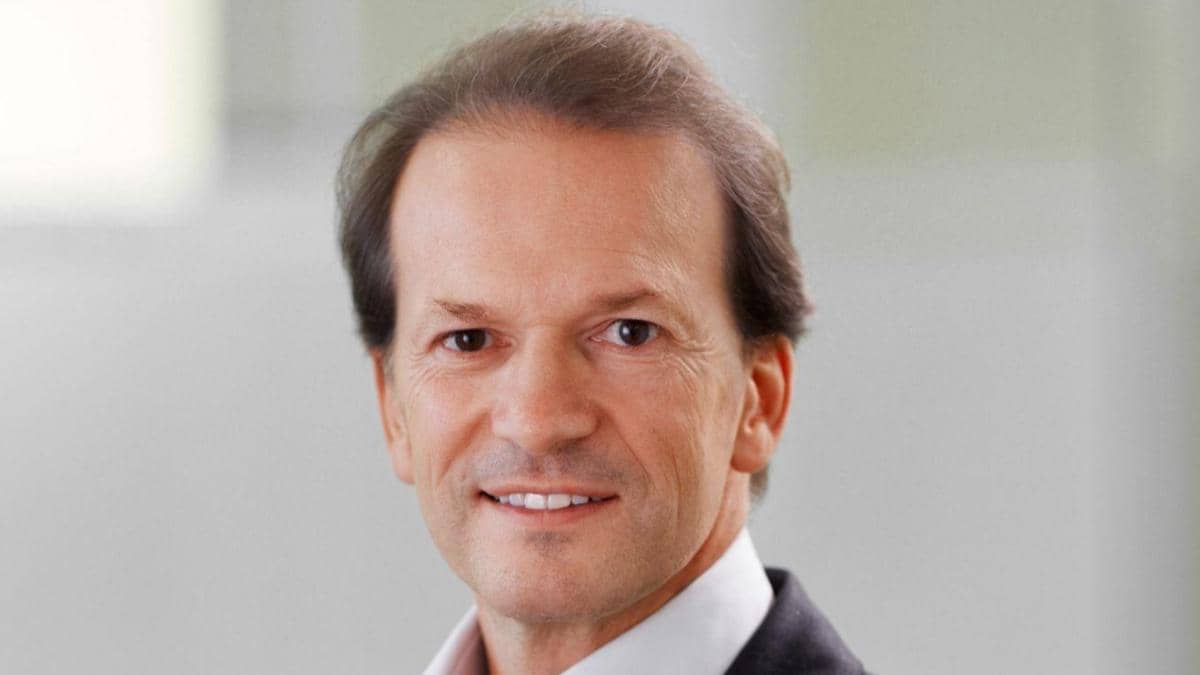Jacob de Tusch-Lec of Artemis IM is our Fund Manager of the Month

3 APR, 2024
By Jose Luis Palmer from RankiaPro Europe

Jacob de Tusch-Lec has managed Artemis’ global income strategies since July 2010. He also co-manages the equities element of Artemis’ ‘monthly distribution’ multi-asset strategy, which launched in May 2012. Having joined Artemis in 2005, he managed a UK equity strategy from January 2006 until June 2010. Jacob began his career in 1998 at BankInvest, one of Scandinavia’s largest independent fund managers. In 2002 he joined Merrill Lynch as vice-president of pan-European equity strategy. Jacob holds a BA and an MSc in economics from the University of Copenhagen; and an MBA from the Stern School of Business at New York University (NYU).
Why did you decide to go into the financial sector, did you have other vocations?
I bought my first shares when I was only 14, and I was hooked, probably because they went up in value. But I love the feedback loop of financial markets – it’s a very clear way of knowing whether you are right or wrong.
What are your hobbies?
Chess, backgammon, and football (I support Arsenal). It’s very clear if you win and lose in all three.
How should investors orient their portfolios in this environment?
I think investors need to accept that the ‘peaceful’ or stable world of the first 20 years of this century is over. In the last few years, we have had a global pandemic, we have the return of wars and a rise in inequality, so investors must look at areas such as defence and energy that they had been turning away from during the periods of stability. We need to get used to higher interest rates than we were accustomed to post the Global Financial Crisis and globalisation as we knew it, which allowed us to buy cheap goods in one part of the way and import them back to Western economies, is unwinding.
What can your fund contribute, Artemis Funds (Lux) – Global Equity Income, that others cannot in the current market conditions?
We give investors a very different set of exposures than comparable funds. We are underweighting the US, and we think it is very important to pick the right country and the right currency. In this more volatile environment, we are finding good companies, at good valuations capable of paying dividends everywhere from Japan to Brazil and the Eurozone. It is this genuine diversification which we think we offer.
Can you give us an example of a position that you have held for a long time in your portfolios and why?
CRH, the international building materials business, which has its headquarters in Dublin. CRH gives us exposure to the manufacturing boom in the US that was triggered by the Inflation Reduction and CHIPS Acts. Even after last year’s strong performance, the shares still offer a 7% dividend yield and trade on a material discount to its US peers.
What ratios does a company have to meet to be part of your portfolio?
So free cash yield is the fundamental metric which I and my colleague James Davidson look at. Cash is king and gives a truer indication of how a company is performing.
What differences do you observe in the way new generations invest?
When I started in investment over 20 years it was largely a decision about capital allocation. Today there are so many more considerations – ESG, sustainability, global politics, the role of China, regulation, and the social contract – to name but a few which affect the valuations of companies. So, it is more complex now but equally that creates the opportunity if you are truly active to generate good returns over the medium to longer term.
If you had to define yourself in 3 words, what would they be and why?
The 3 Cs: Curious, contrarian and challenging. Curious because as a fund manager who must look at companies or sectors other managers are not looking at. This trait by its nature makes me Contrarian. It can be painful being a fund manager because you are always going to be wrong some of the time but often the most successful investments started out being a contrarian view. Challenging is a personal trait, but I think it complements being curious and contrarian as a fund manager.


